Plant Hardiness Zone Map
daniel_nyc
8 years ago
last modified: 8 years ago
Featured Answer
Sort by:Oldest
Comments (37)
rgreen48
8 years agolast modified: 8 years agodaniel_nyc
8 years agolast modified: 8 years agoRelated Discussions
2012 Plant Hardiness Zone Map
Comments (1)Thanks, now maybe I should put z6b NM when I post. If only mother nature would honor this system though! Last year's record cold brought -23 and this winter in December we had -7, so we'll need some winters where we don't get below zero to keep the 6b average. But I'm pretty comfortable using this figure since my area averages just two subzero nights per year going all the way back to the 1880's....See MoreNew Plant Hardiness Zone Map
Comments (10)I am now 8a - the small change does not have any practical implication to me as we are at risk for the occasional deep freeze. Whatever the average annual extreme temperature, we are still at risk of going down to -15 to -20 C and those are the important temperatures I need to keep in mind. It helps me to keep my ambitious, adventurous but futile plant selection tendencies in check....See More2012 USDA Plant Hardiness Zone Map
Comments (40)No discussion of the temperature record is complete without debunkning the myth that the temperature record is unreliable or somehow skewed by heat islands. http://skepticalscience.com/surface-temperature-measurements.htm It's valid. The planet is warming. Man's activity is making a significant, measurable contribution to that warming. We (species) are set for "interesting times" Here is a link that might be useful: http://skepticalscience.com/surface-temperature-measurements.htm...See MoreUSDA Plant Hardiness Zone Map***new 2012***
Comments (19)Most confusing. I googled Climate Zone Map USA, and I got the average annual LOW temp from Natl Arbor day, and not what I'd consider anything different than the typical stuff anywhere else in the results. Is there a place which rates my CLIMATE? I am one mile south of the terminus of I-65 where it junctions with I-10. Lat. 30-37'North Lon. 88-04'West or less specifically, zip code 36605 Would my county agent be likely to provide that info? I found the AHS Heat Zone Map (linked below) and it says I am in heat zone 8 with between 90 and 120 days above 86F. It seems Mobile Bay might be moderating our heat days somewhat, because all around the two bay-fronting counties is zone 9, with 120 to 150 above 86F days. I never realized they had the pie sliced so many ways. Here is a link that might be useful:...See MoreSeysonn_ 8a-NC/HZ-7
8 years agoPeter (6b SE NY)
8 years agodaniel_nyc
8 years agodaniel_nyc
8 years agodaniel_nyc
8 years agodaniel_nyc
8 years agodaniel_nyc
8 years agorgreen48
8 years agolast modified: 8 years agoSeysonn_ 8a-NC/HZ-7
8 years agoPeter (6b SE NY)
8 years agodigdirt2
8 years agoaniajs
8 years agoPeter (6b SE NY)
8 years agolast modified: 8 years agodigdirt2
8 years agoPeter (6b SE NY)
8 years agolast modified: 8 years agodaniel_nyc
8 years agoPeter (6b SE NY)
8 years agoSeysonn_ 8a-NC/HZ-7
8 years agorgreen48
8 years agolast modified: 8 years agoPeter (6b SE NY)
8 years agolast modified: 8 years agodaniel_nyc
8 years agoPeter (6b SE NY)
8 years agolast modified: 8 years agoaniajs
8 years agodaniel_nyc
8 years agolast modified: 8 years agoPeter (6b SE NY)
8 years agolast modified: 8 years agoSeysonn_ 8a-NC/HZ-7
8 years agodigdirt2
8 years agodaniel_nyc
8 years agolast modified: 8 years agoPeter (6b SE NY)
8 years agolast modified: 8 years ago
Related Stories
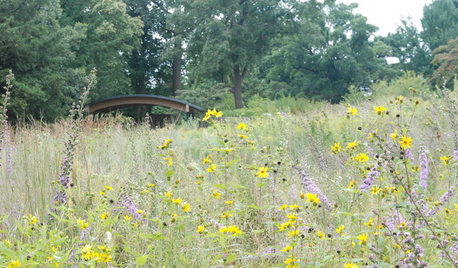
GARDENING GUIDESHow to Find the Right Plants for Your Garden
Break free from choosing plants by cold-hardiness zones for a beautiful landscape that thrives year-round
Full Story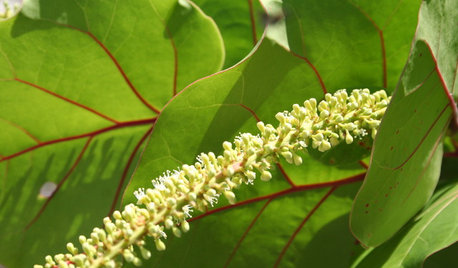
GARDENING GUIDESGreat Design Plant: Sea Grape, a Hardy Coastal Delight
Up to the high-tide line or even indoors, sea grape draws smiles for its looks and cheers for its tenacity
Full Story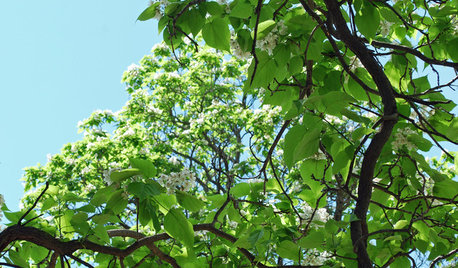
LANDSCAPE DESIGNGreat Design Plant: Retreat to the Shade of Hardy Catalpa
Big foliage and a towering height provide a shady respite in summer, but that's not all hardy catalpa offers dedicated gardeners
Full Story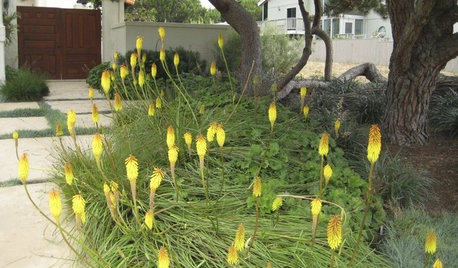
GARDENING GUIDESGreat Design Plant: Red-Hot Poker
You'll carry a torch for these spiky plants once you discover how their fiery-hued flowers can light up a landscape
Full Story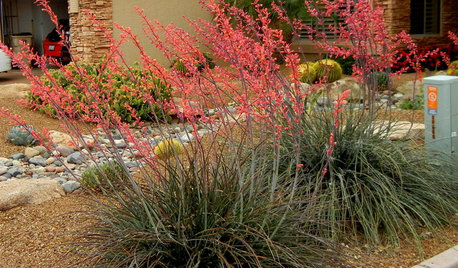
GARDENING GUIDES10 Cold-Hardy Succulents for Cool-Season Interest
These attractive plants shrug off colder temperatures, and many can be brought inside in containers in extra-chilly climates
Full Story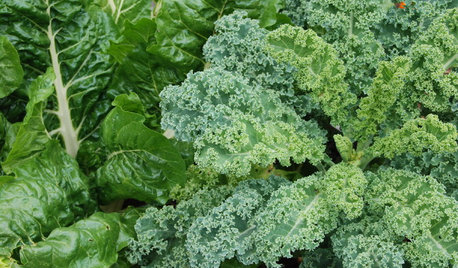
FALL GARDENINGFrost-Hardy Foliage That Loves a Cold-Climate Garden
When winter cuts a bleak swath through other plants, these edibles and perennials flourish brilliantly
Full Story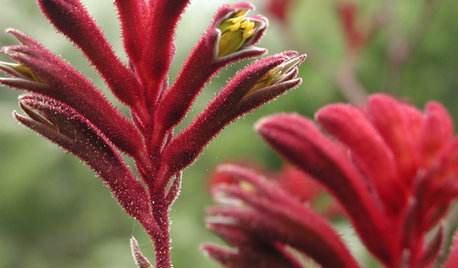
GARDENING GUIDESGreat Design Plant: Red Kangaroo Paw
Plant this dramatic perennial in fall or spring for its height, hardiness and beautiful red blooms
Full Story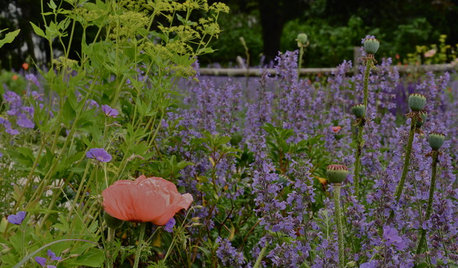
GARDENING GUIDESGreat Design Plant: Walker's Low Catmint
Prolific purple blooms, fragrant leaves, and cold-hardiness makes this a go-to plant for almost any garden
Full Story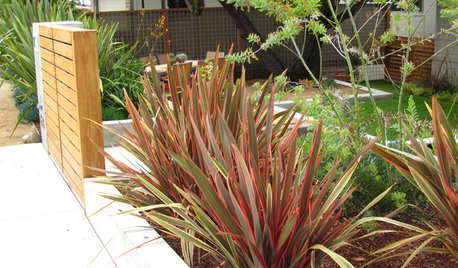
RED FOLIAGEGreat Design Plant: New Zealand Flax
A commanding presence, year-round foliage and a hardy nature make flax a winner in the landscape even in fall and winter
Full Story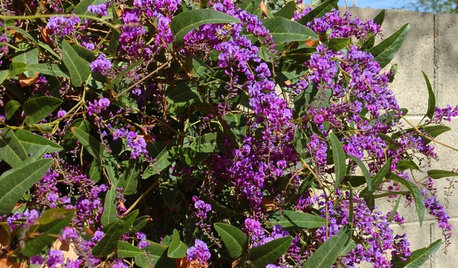
GARDENING GUIDESGreat Design Plant: Lilac Vine for a Purple Profusion in Winter
Grow this pretty, hardy vine on a fence or as a ground cover for blooms throughout the colder months
Full Story


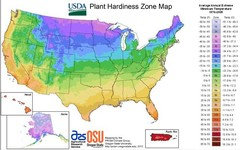
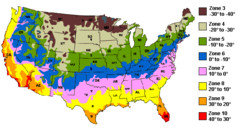
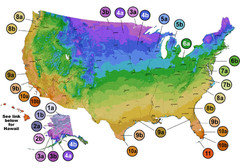
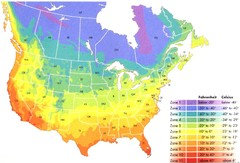
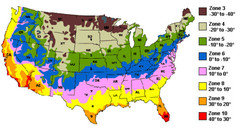
digdirt2